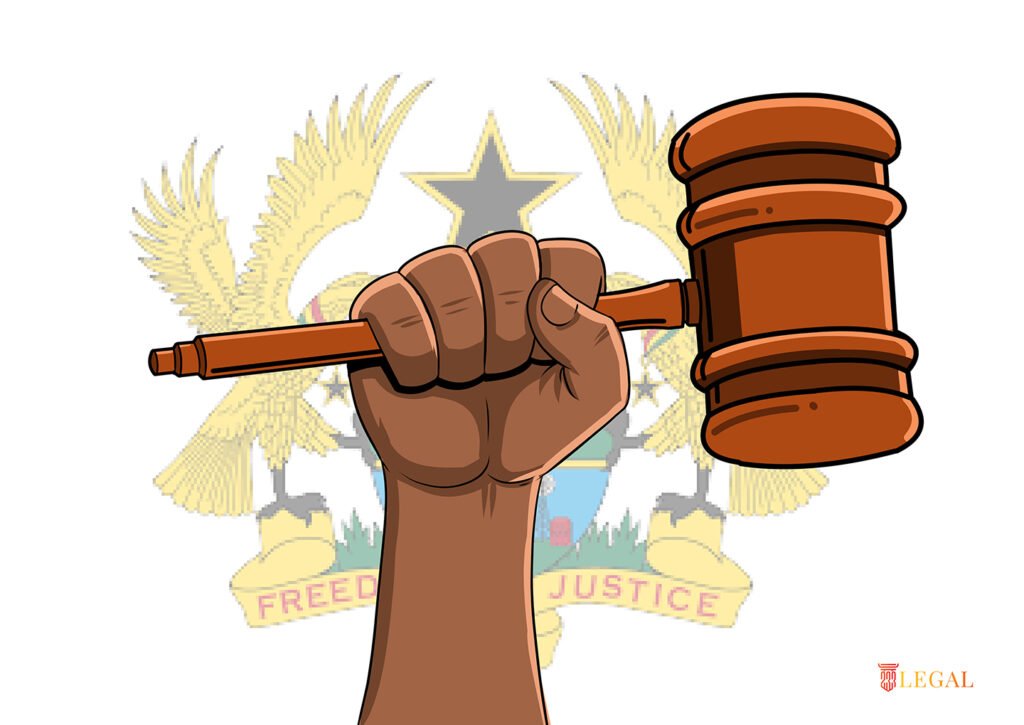
HIGH COURT, ACCRA · [1976] 1 GLR 371
Introduction
The Signal Oil case is a landmark in Ghanaian aviation and tort law. It addressed questions about employer liability for the death of an employee, the scope of wrongful death claims under Ghanaian law, and the proper forum for negligence actions involving international aviation.The case was decided by Griffiths-Randolph J. on 14 July 1975.
Facts
Signal Oil and another company sued Bristow Helicopters, a British company, for negligence in the operation and maintenance of a helicopter, and also sued Agusta, the Italian manufacturer of the helicopter, for negligence in its design and manufacture. The helicopter, which was being used in oil exploration in Ghana, crashed in Ghana, killing an employee of Signal Oil. The plaintiffs sought damages for the loss of the services of their deceased employee as well as damages for breach of contract connected to the hiring of the helicopter.
The helicopter, however, had been manufactured in Italy, and all its maintenance and repair work was carried out abroad. The hiring contract had also been executed outside Ghana between Bristow and another company, Mayflower Co., to which the plaintiffs were not direct parties.The plaintiffs, therefore, sought leave to serve the foreign defendants outside the jurisdiction, which later became a central issue.
Holding:
The High Court held that:
- The plaintiffs could not maintain their claims. Thus, Employers cannot sue for damages arising from the death of an employee; only dependants and personal representatives may do so under Ghanaian law.
- The negligence claim was not properly brought in Ghana, since the wrongful acts occurred outside the jurisdiction.
- Furthermore, the plaintiffs had no contractual standing to sue on the hire agreement. The writ was accordingly quashed, and the case was dismissed with costs awarded against the plaintiffs.
Implications
First, the decision makes it makes clear that wrongful death actions in Ghana are strictly for the benefit of families and estates of the deceased, not for employers or corporate entities.
Second, it highlights the challenges of litigating aviation negligence in Ghana where key acts of manufacture and maintenance occur abroad, emphasising the importance of more robust international aviation liability regimes.
Third, it reaffirms the principle of privity of contract as a cornerstone of Ghanaian laws on contract.
Commentary and Contemporary Relevance
The Signal Oil case illustrates the legal vacuum that can emerge in the aftermath of international aviation tragedies. It reminds us that while the site of a crash may be Ghana, the substantive acts that caused the tragedy, such as manufacturing defects or negligent maintenance, often occur outside Ghana, shifting the proper forum for liability claims abroad.
In light of the helicopter crash in Ghana on 6th August, the case is a sobering reminder of the obstacles faced by victims’ families in their search for justice. Employers cannot sue for damages, and Ghanaian courts may not always be the appropriate venue. Families and dependants must often look to foreign jurisdictions where the negligent acts occurred. This underscores the continuing need for stronger transnational frameworks- such as modern aviation treaties -that ensure victims and their families can obtain redress without being caught in the maze of jurisdictional battles.
Notably, the Montreal Convention 1999, domesticated in Ghana by Act 678, now provides clearer rules on jurisdiction and liability in civil aviation accidents, though it does not extend to military flights.











